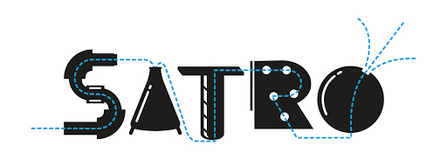Every year, Surrey Wildlife Trust provides projects for the SATRO Research Work Placement scheme, producing some fantastic results. SATRO organise research placements for students aged 16+ to undertake a genuine STEM (Science, Technology, Maths and Engineering) based research project, working within an employer or academic research environment. The placement runs for four weeks during the Summer, enabling students to work alongside qualified professionals and experts.
This summer we worked with two students, Priya and Ellen, on two very different projects. They both presented their work at our staff meeting and have done some great research for us to learn from!





